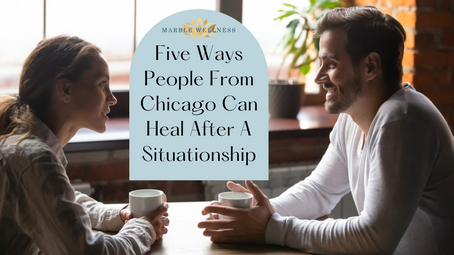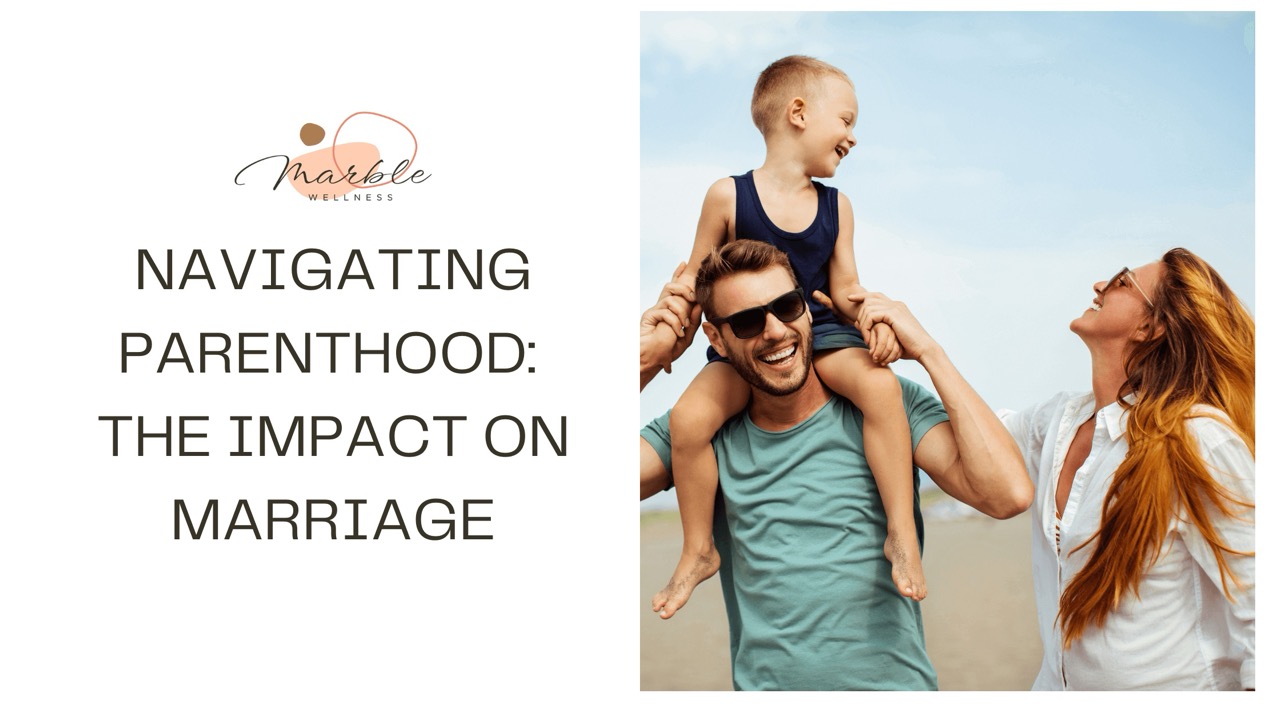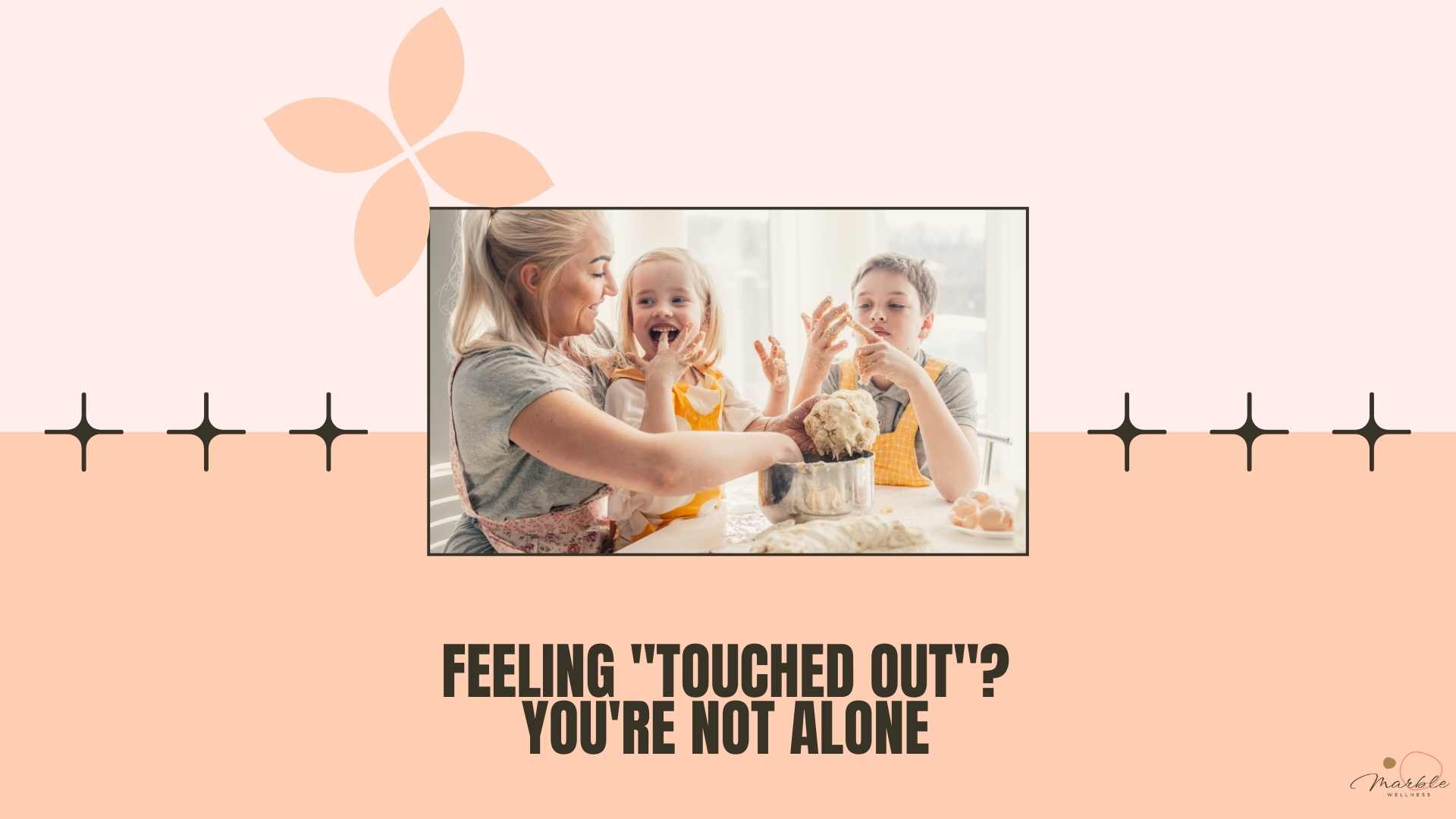Exploring Boundaries, Healing, and What’s Possible for Your Emotional Wellbeing
Understanding Situationships: The Gray Zone of Modern Dating
If you’ve found yourself in a situationship, you’re not alone. Situationships–those “more than friends, less than a relationship” connections–are increasingly common in today’s dating landscape, especially among young adults and busy professionals in places like Ballwin, Kirkwood, and Chesterfield. They often come with emotional intimacy, shared routines, and sometimes even physical closeness, but lack the clarity and commitment of a defined relationship. When a situationship ends, it can leave you wondering: Can we go back to being friends? Or is it better to part ways?
Let’s explore what happens when a situationship ends, and whether friendship is truly possible–or healthy–afterward.
What Makes Situationships Unique?
Unlike traditional friendships or defined romantic relationships, situationships thrive in ambiguity. There’s often emotional dependency, blurry boundaries, and unclear expectations. This can make the transition to friendship particularly tricky, because:
- Emotional needs and expectations may not have been fully addressed.
- One or both people might still harbor romantic feelings.
- The lack of clarity can lead to confusion, disappointment, or even resentment.
Is Friendship After a Situationship Possible?
The short answer: Sometimes, but not always–and it depends on several key factors.
1. Emotional Readiness and Honest Self-Reflection
Before attempting to transition into friendship, ask yourself:
- Are you truly over the romantic or physical aspects of the situationship?
- Are you seeking friendship because you genuinely value the person, or because you’re hoping things might rekindle?
- Can you support them if they start dating someone else, without feeling hurt or jealous?
If you’re still holding onto hope for something more, it’s often healthier to take a step back. Lingering feelings can make friendship painful and prevent you from healing.
2. Boundaries: The Foundation of Healthy Friendship
Boundaries are essential for any friendship, but especially after a situationship. Without clear boundaries, it’s easy to slip back into old patterns or cross lines that make healing difficult.
Consider discussing:
- How often you’ll communicate or see each other.
- What topics are off-limits (e.g., dating lives, past intimacy)?
- Whether you’ll spend time together one-on-one or only in group settings.
Being upfront about your needs and limitations is an act of self-care and respect for the other person.
3. Giving Yourself (and Each Other) Time and Space
Jumping straight into friendship rarely works if emotions are still raw. Many therapists and relationship experts recommend a period of no contact, or at least reduced contact, to allow feelings to settle and give both parties space to heal. This could mean:
- Taking a break from texting or hanging out for a few weeks or months.
- Using the time to reflect on what you want from the friendship, if anything.
- Allowing yourself to grieve the loss of what could have been.
When Friendship After a Situationship Doesn’t Work
It’s important to acknowledge that sometimes, friendship just isn’t possible–at least not right away. Here’s why:
- Unresolved Feelings: If one or both of you still have romantic feelings, friendship can feel like a consolation prize, leading to resentment or pain.
- Unclear Motives: If you’re hoping friendship will lead back to romance, you’re not truly offering friendship.
- Difficulty Moving On: Staying in contact can hinder your ability to heal, meet new people, or invest in other relationships.
It’s perfectly okay to decide that you need distance. Prioritizing your own emotional well-being is not selfish–it’s necessary.
When Friendship Can Work-and How to Make It Happen
For some, friendship after a situationship is possible, especially if:
- Both parties have genuinely moved on.
- There was a strong foundation of friendship before the situationship began.
- Boundaries are respected, and communication is open and honest.
If you decide to try friendship, here are some practical tips:
- Start Slow: Limit interactions at first. Group settings can be helpful to avoid intimacy triggers.
- Communicate Openly: Talk about your boundaries, expectations, and any concerns as they arise.
- Check In With Yourself: Regularly assess how you’re feeling. If old feelings resurface or you find yourself feeling hurt, it may be time to step back.
- Be Prepared for Change: Understand that the friendship may not look like it did before, and that’s okay. Friendships evolve, especially after a shared romantic history.
What Therapy Clients in St. Louis Are Experiencing
At Marble Wellness, we see many therapy clients from Ballwin, Kirkwood, and across the St. Louis area grappling with the aftermath of situationships. Here are some common experiences:
- Feeling Lonely After Cutting Ties: It’s normal to feel a sense of loss or loneliness after ending a situationship, especially if you also lose a friend in the process. Allow yourself to grieve and seek support from other friends or a therapist.
- Struggling With Mixed Signals: Sometimes, attempts at friendship are complicated by mixed signals or “what if” scenarios. If you notice these patterns, it’s a sign to revisit boundaries and expectations.
- Finding Growth in the Experience: Many clients discover that, with time and reflection, they gain valuable insights about their needs, boundaries, and what they want in future relationships.
Actionable Steps for Navigating Post-Situationship Friendships
- Reflect on Your Motives: Are you seeking friendship for the right reasons?
- Communicate Clearly: Have an honest conversation about boundaries and expectations.
- Prioritize Healing: Take time apart if needed. Don’t rush the process.
- Set Boundaries: Decide what’s comfortable for you–frequency of contact, topics of conversation, and social settings.
- Seek Support: If you’re struggling, consider talking to a therapist. Marble Wellness offers compassionate, expert support for individuals navigating complex relationship dynamics throughout the St. Louis area.
Choosing What’s Best for You
Friendship after a situationship is possible for some, but not for everyone…and that’s okay. The most important thing is to honor your feelings, set healthy boundaries, and prioritize your own emotional well-being. If you’re unsure where to start, or if you’re feeling stuck, reaching out to a STL area therapist can provide clarity, support, and a safe space to process your emotions.
Remember, every relationship is unique. Whether you choose friendship, distance, or something in between, you deserve connection and happiness that feels right for you.
Ready to talk it out? Start Individual Relationship Therapy in the St. Louis Area
If you’re navigating the end of a situationship and need support, Marble Wellness is here to help. Our therapists in Ballwin, Kirkwood, and throughout the St. Louis area offer a compassionate, non-judgmental space to process your feelings and move forward on your own terms. Not only do we have a team of therapists in Ballwin, MO, but we have also recently expanded to serve the Lake St. Louis and Wentzville area! Reach out to our Client Care Coordinator today to discuss your therapy options, both in-person and via online therapy in Missouri.
Contact Us!
Learn About Our Group Offerings

Additional Counseling Services at Marble Wellness in St. Louis, MO
Marble Wellness Counseling services are designed to help set you on a path of living a more fulfilled, calm, and happy life. Our St. Louis area therapists have a variety of training backgrounds and areas of expertise. We specialize in anxiety, depression, grief, chronic illness, therapy for men, couples, and maternal overwhelm. Our practice also helps new moms with various postpartum concerns, moms in the thick of parenting, and moms with teens. We can also chat from wherever you are in the state with online therapy in Missouri. No matter where you are in your journey, we are here to help you thrive!



